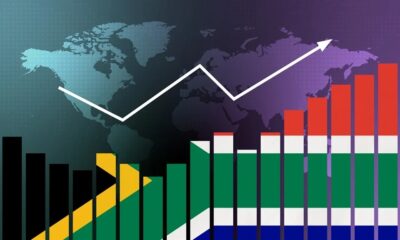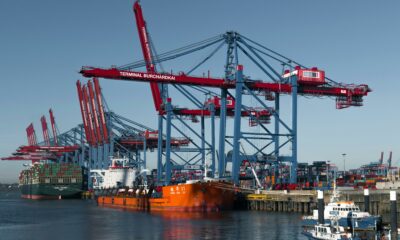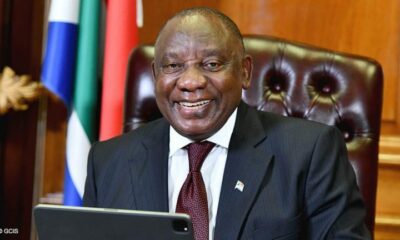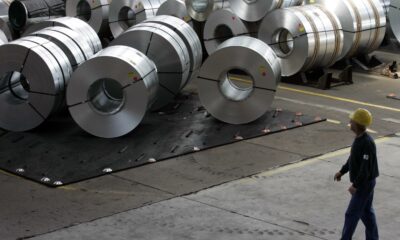Business
Can South Africa Lead Africa’s Trade Revolution? AfCFTA May Be Its Big Chance
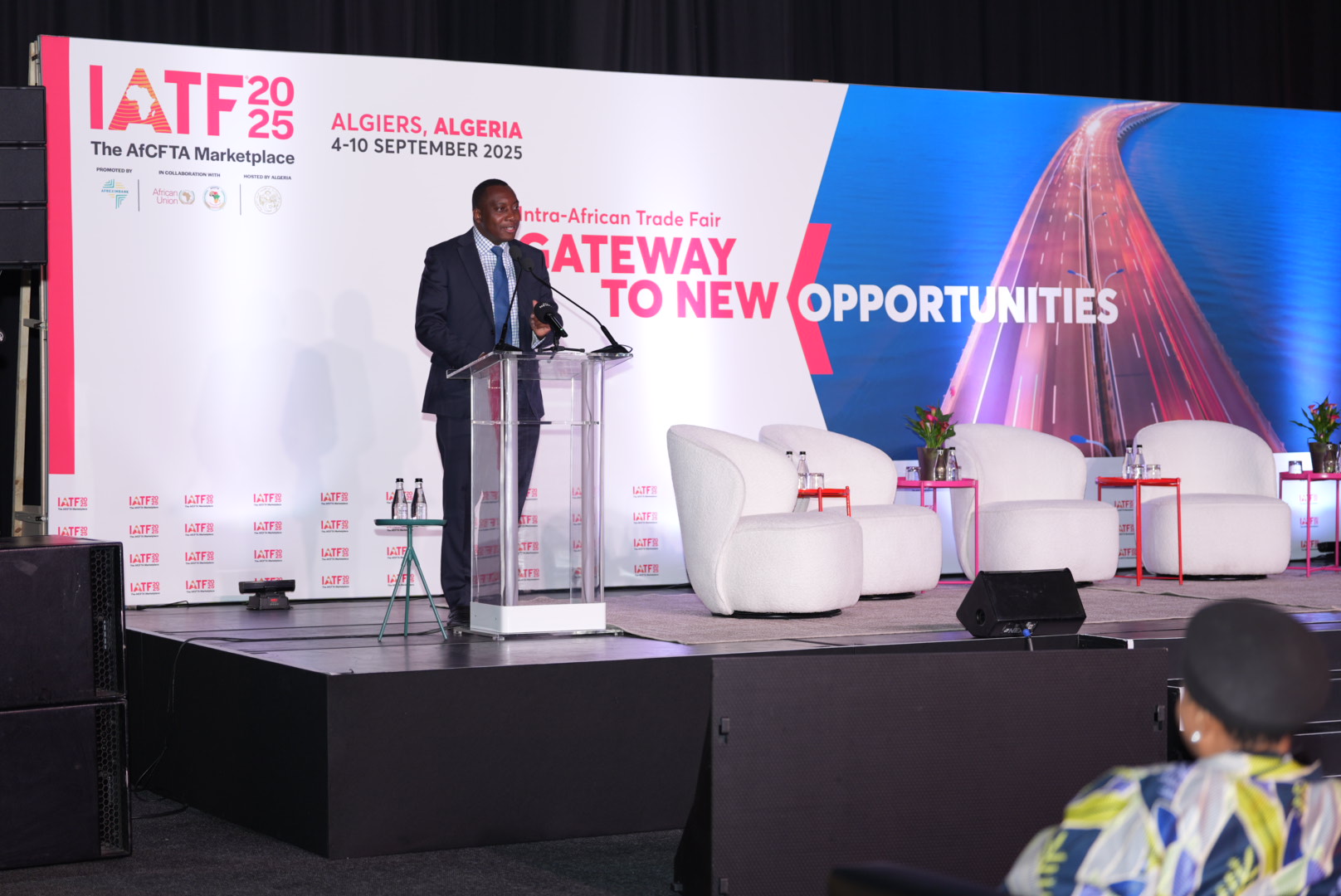
With IATF2025 on the horizon, SA is being called to step up as a continental powerhouse
If South Africa ever needed a wake-up call to deepen its place in Africa’s economic story, this is it.
The countdown to IATF2025, the Intra-African Trade Fair taking place in Algiers this September has begun, and South Africa has been challenged to not just attend, but to lead.
In Johannesburg this week, over 350 business leaders and government officials gathered for the South Africa Business Roadshow, hosted by the African Export-Import Bank (Afreximbank). The mood? Cautiously optimistic, but urgent.
‘The time is now’: A call to action
“This is the moment for South Africa’s public and private sectors to act decisively,” said Humphrey Nwugo, Afreximbank’s Regional Director for Southern Africa.
He wasn’t alone. From the AfCFTA Secretariat to the Department of Public Works and Infrastructure, the message was loud and clear: South Africa must rise to the occasion or risk missing out on a once-in-a-generation opportunity to shape Africa’s economic destiny.
As Africa grapples with shifting global trade winds, internal instability, and inflation, the African Continental Free Trade Area (AfCFTA) the largest free trade agreement in the world by number of countries, offers a roadmap to resilience. But only if key players like South Africa throw their full weight behind it.
More than a trade show
While the upcoming IATF2025 might sound like just another expo, it’s being billed as Africa’s economic Davos — a six-day event expected to bring together 2,000 exhibitors, 35,000 visitors, and generate more than $44 billion in deals.
Beyond trade booths and speeches, the fair promises high-level forums, cultural showcases, and critical infrastructure conversations. The stakes? Nothing short of Africa’s industrial rebirth.
And South Africa isn’t walking into this empty-handed.
In 2023, South Africa’s trade footprint showed it exported $110.5 billion in goods, including $29.6 billion to African countries, according to SARS and UN COMTRADE. Although the country faced a modest trade deficit of $2.7 billion, trade accounted for 65.7% of its GDP a powerful indicator of its global and regional ties.
But as the global economic tide shifts, these numbers are both a badge of honour and a warning bell.
Real integration means real action
According to AfCFTA Secretary-General Wamkele Mene, the vision isn’t just to increase trade, it’s to build African value chains, particularly in high-potential industries like automotives and agribusiness.
“We need to produce for ourselves, trade among ourselves, and build a resilient continent,” Mene said.
Sihle Zikalala, Deputy Minister of Public Works and Infrastructure, echoed this sentiment: “AfCFTA is our shot at job-rich, inclusive growth, but only if we build the infrastructure and partnerships to support it.”
One of the more radical ideas gaining traction? Trading in local currencies to reduce dependency on the US dollar and unlock more equitable deals between African nations. Afreximbank’s Pan-African Payment and Settlement System (PAPSS) is already making that vision a reality.
Algeria’s open invitation
Algeria’s Ambassador to South Africa, Ali Achoui, extended an enthusiastic invitation to South African companies, assuring streamlined participation and promising fertile ground for collaboration.
It’s a significant gesture from a nation often seen as distant from South Africa’s typical trade routes. But as the continent integrates, geography matters less than intent.
And that’s the crux of the conversation: intent.
South Africa already has the infrastructure, financial institutions, and industrial base to take a leading role. But success in AfCFTA will depend on more than just showing up. It’ll require coordination, ambition, and a shift away from the status quo.
What’s at stake for South Africans?
For everyday citizens, this trade shift could mean more jobs, greater regional stability, cheaper goods, and less reliance on volatile international markets.
Public sentiment online shows cautious optimism:
“We’ve got the resources and people, now let’s lead!”
“We need to stop being the sleeping giant of Africa.”
“Hope they focus on SMEs and not just big business.”
The concern is valid. For AfCFTA to work, it must benefit small farmers, young entrepreneurs, and local manufacturers, not just multinationals.
South Africa has been presented with more than a platform, it’s been offered a seat at the helm of Africa’s next economic chapter.
But it’s a fleeting window. If the country is to truly leverage AfCFTA, it needs to act fast, boldly, and inclusively.
After all, leadership on the continent is no longer about power. It’s about partnerships and South Africa has every tool in the toolbox.
The only question left: Will it use them?
{Source: IOL}
Follow Joburg ETC on Facebook, Twitter , TikTok and Instagram
For more News in Johannesburg, visit joburgetc.com

